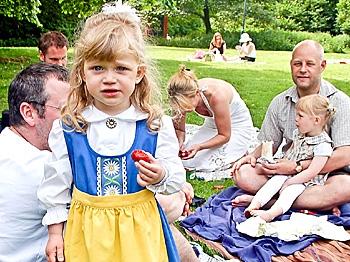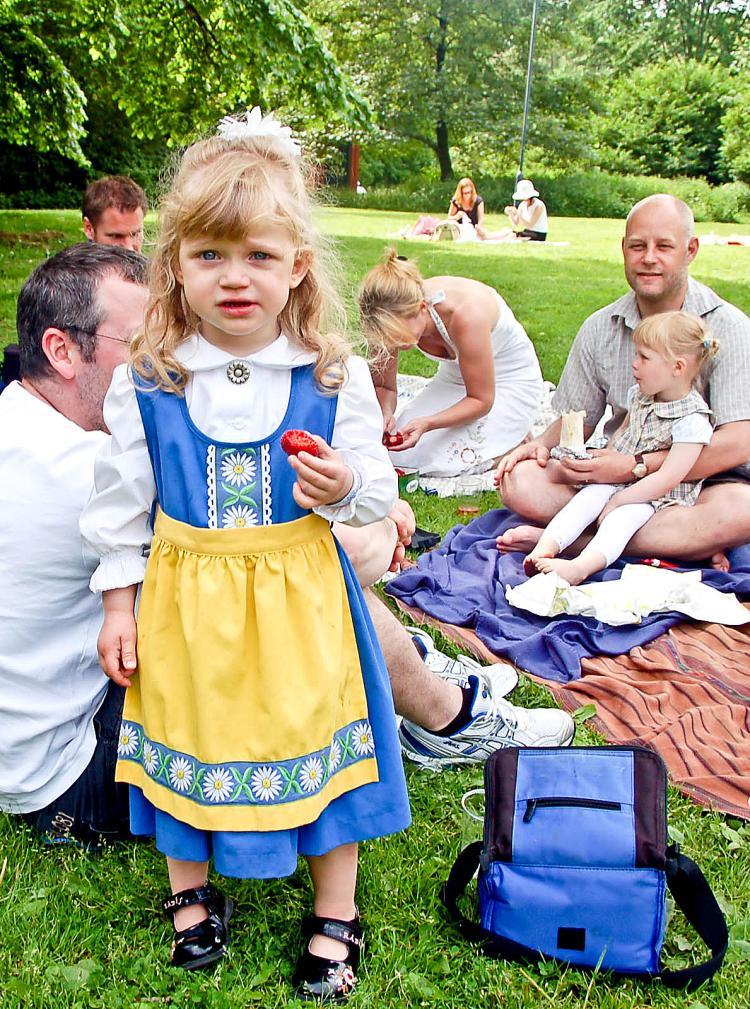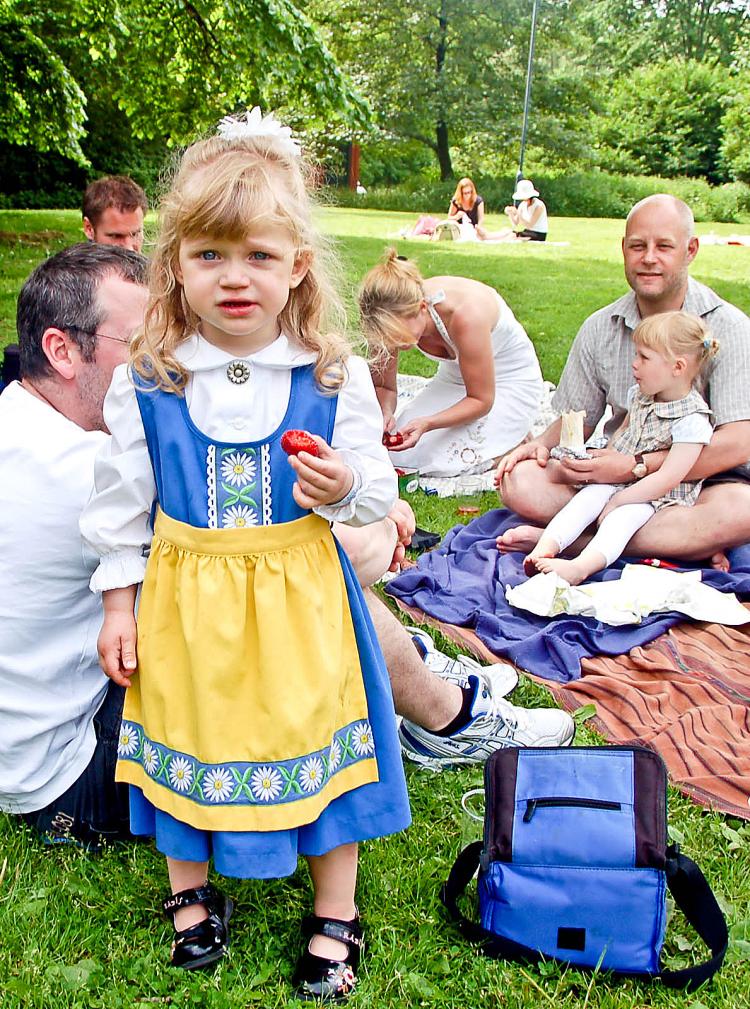GOTHENBURG, Sweden—A European Commission study reveals that Europeans are generally satisfied with their current living situation but that most are concerned about the future, particularly given the social and economic downturn in recent times.
“Today’s report shows once again the importance of our efforts to promote jobs and growth in Europe so as to guarantee people’s social well-being in the future,” said Vladimír Spidla, E.U. chief of employment and social affairs in a statement on Tuesday.
The difference between countries, however, was large. Citizens of Denmark, Belgium, Sweden, Netherlands, and Finland were found to be the most satisfied, while people in Bulgaria, Hungary, Greece, and Romania were least satisfied.
The average European spends one-fifth of their income on their homes. Repairs, maintenance, and fuel account for the largest part of that cost, with loans payments making up about 30 percent.
In Central and Eastern Europe, most people own their homes so have little or no loan payments due to the way housing was privatized during the post-communist period and the late implementation of a market economy. About half of these homeowners, however, are relatively poor. In countries like Poland, Cyprus, Czech Republic, France, Finland, and United Kingdom, subsidized or rent-free housing is also quite common.
Increasing unemployment in the current recession concerns most people in all countries across the uniuon, hitting a record low level of confidence in 2008 and 2009, according to the study. Swedes, Danes, and the Dutch seems to have fared best, while Hungarians and Bulgarians the worst. As might be expected, most Europeans perceive their private financial situations to have worsened during the past few years and do not expect any major improvements in the coming year.
“Today’s report shows once again the importance of our efforts to promote jobs and growth in Europe so as to guarantee people’s social well-being in the future,” said Vladimír Spidla, E.U. chief of employment and social affairs in a statement on Tuesday.
The difference between countries, however, was large. Citizens of Denmark, Belgium, Sweden, Netherlands, and Finland were found to be the most satisfied, while people in Bulgaria, Hungary, Greece, and Romania were least satisfied.
The average European spends one-fifth of their income on their homes. Repairs, maintenance, and fuel account for the largest part of that cost, with loans payments making up about 30 percent.
In Central and Eastern Europe, most people own their homes so have little or no loan payments due to the way housing was privatized during the post-communist period and the late implementation of a market economy. About half of these homeowners, however, are relatively poor. In countries like Poland, Cyprus, Czech Republic, France, Finland, and United Kingdom, subsidized or rent-free housing is also quite common.
Increasing unemployment in the current recession concerns most people in all countries across the uniuon, hitting a record low level of confidence in 2008 and 2009, according to the study. Swedes, Danes, and the Dutch seems to have fared best, while Hungarians and Bulgarians the worst. As might be expected, most Europeans perceive their private financial situations to have worsened during the past few years and do not expect any major improvements in the coming year.




